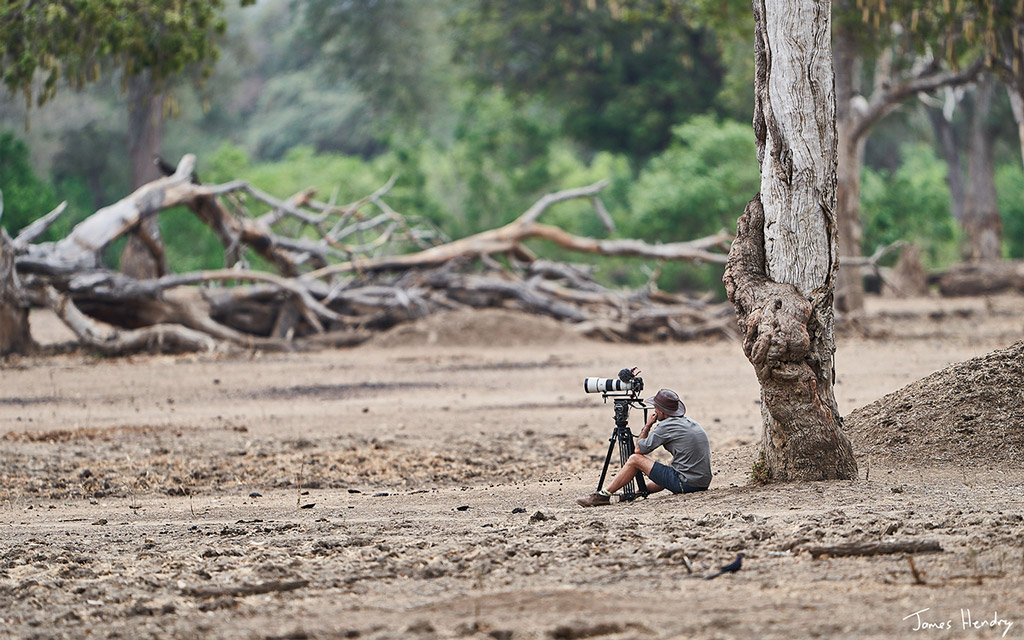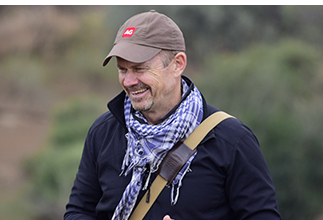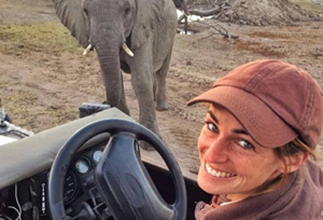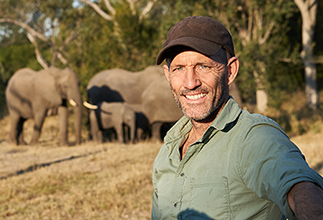
This is a copy of our weekly email newsletter. Subscribe here to receive the newsletter.

HUGGING LIONS – suitably drugged & de-weaponised – has really taken off as a tourism product in the murky corners of this glorious planet. How proud South Africa’s ‘sustainable use’ wildlife industry must feel for having spawned this wretched commercial exploitation of our lions. Thanks to Brian Sugden for posting this appalling video on our club forum. How happy these tourists appear – playing their part in the ongoing abuse of lions and other big cats. Please have a look and let us know your thoughts.
We all feel sorry for ourselves now and then – it’s a human condition. For me, the ongoing preference by social media algorithms for emotional linkbait and misinformation is a source of enormous stress. But I console myself knowing that YOU support our focus on fact and considered opinion. Thanks so much for the support over so many years. A luta continua!
Keep the passion

Simon Espley – CEO, Africa Geographic
From our Scientific Editor

The process of creating a systematic, logical way of grouping the planet’s vast number of different yet related organisms is an ongoing exercise, greatly aided in recent years by advancements in genetic research. Of course, these techniques were not available to the naturalists of ancient Greece. Thus, the story goes that Plato once gave a tongue-in-cheek definition of man as a “featherless biped”. The philosopher Diogenes the Cynic promptly burst into Plato’s Academy carrying a plucked chicken and cried out, “Behold, I’ve brought you a man!”
And so, “featherless biped with broad, flat nails” was added to the Academy’s definition of the human race. How far we have come…
On an entirely unrelated note, thank you very much to those who have added some fascinating thoughts to our club conversation about interfering in the lives of wild animals. I have thoroughly enjoyed your input.

From our Editor-in-Chief

I have just returned from the most marvellous self-drive camping trip to the iconic Mana Pools National Park, Zimbabwe. We camped on the banks of the Zambezi River and spent lazy days exploring the blue-lit woodlands of ana, sausage and mahogany trees where elephants, eland, buffalo, wild dogs and baboons foraged in the heat, waiting for the first storm of summer. What a remarkable place – made all the more so by the relative lack of other campers at this time of year. The best part? You can buy a permit to walk – nowhere else do I know of where you can walk in big five country without a guide. (This is obviously not to be done by punters with no bush experience!).
In our first story below, we take a deep dive into one of the most beautiful cities in the world – Cape Town. It is a must-stop travel destination for anyone coming to magnificent South Africa – full of ocean wilderness, unique ecosystems, delicious cuisine and quirky people.
Up in Zambia, we still have hope that the new government will halt some of the environmentally ruinous developments that their predecessors allowed in or near precious national parks. In our second story below, Kasanka National Park (home of the world’s largest mammal migration) is sadly still being threatened by industrial agriculture.
More cheerfully, bees are not only playing a part in pollinating Africa’s indigenous plants and agricultural produce. They are also, with help from NGO Nikela, helping to mitigate human-elephant conflict with some success as our third story below celebrates.

Story 1
https://africageographic.com/stories/cape-town-mother-city/
CAPE TOWN
Cape Town – the Mother City – offers a blend of a nature-lovers playground, modern city lifestyle, cultural diversity and foodie heaven
Story 2
https://africageographic.com/stories/update-zambias-kasanka-np-worlds-largest-mammal-migration-under-threat/
ZAMBIA’S KASANKA NP IN PERIL
Under threat: The world’s largest mammal migration and Zambia’s Kasanka NP still under threat from a foreign commercial agricultural company
Story 3
https://africageographic.com/stories/bees-a-solution-to-human-elephant-conflict/
BEES BUZZ ELEPHANTS
Buzzing bees are providing a solution to human-elephant conflict – an innovative conservation solution
 TRAVEL DESK UPDATES:
TRAVEL DESK UPDATES:
• Ancient rainforest surrounding a working tea plantation: expect soul-food experiences including gastronomic picnics, wild chimpanzee tracking and indigenous open-air spa treatments. Check out this exquisite video by Rwanda’s One&Only Nyungwe House and feel the stress peel away …
Remember that club members get the best available prices at this and many other camps and lodges.
• Planning your next safari but worried about the kids?. Find out how to make the most of your time on the ground and keep the whole experience relatively stress free for you and the kids. Safari tips: Going on safari with kids.
 DID YOU KNOW: The longest insect tongue in the world belongs to the recently recognised Wallace’s sphinx moth – up 28.5 cm!
DID YOU KNOW: The longest insect tongue in the world belongs to the recently recognised Wallace’s sphinx moth – up 28.5 cm!
To comment on this story: Login (or sign up) to our app here - it's a troll-free safe place 🙂.![]()







